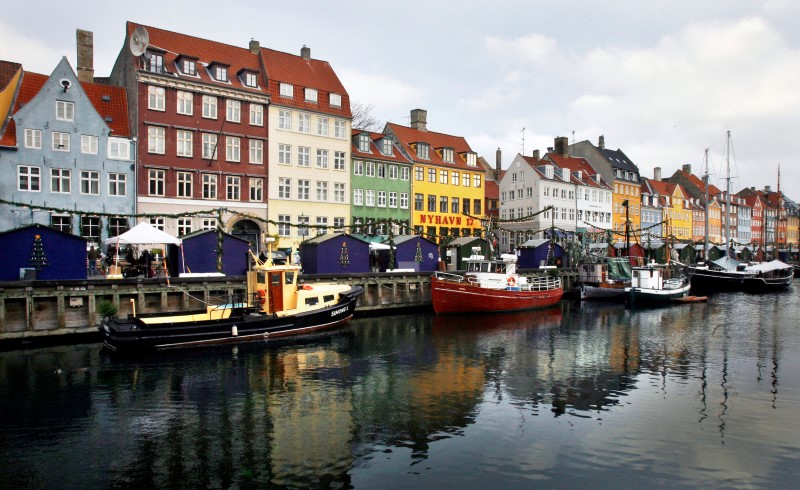(Bloomberg) -- Soon, the government of Japan might be the only issuer paying less to borrow than Danish homeowners.
Danes are about to learn whether they can get a 30-year mortgage at a fixed rate of 1 percent. That’s less than the governments of Switzerland and Germany pay their long-term investors.
Denmark finances its home loans through the world’s biggest covered-bond market. The securities are coveted as some of the safest around, thanks to the huge cover pools backing the debt. Even during the Napoleonic wars, when the kingdom of Denmark defaulted on its loans, the country’s mortgage-bond market carried on without any major disruptions.
The interest rate on a Danish homeowner’s mortgage is nominally the same as the coupon that investors get. As central banks from Frankfurt to Washington delay efforts to raise rates amid a worsening economic outlook, bond yields across much of the globe are sinking. In Denmark, rates have been negative for almost seven years as the central bank tries to defend the krone’s peg to the euro.
Currently, the lowest rate on 30-year mortgage bonds in Denmark is 1.5 percent. But the bonds are now getting so expensive that banks may soon have to stop offering them, because of the way the market operates. That would leave them with no choice but to offer the same maturity at 1 percent.
“The likelihood is fairly large,” said Anders Aalund, head of strategy at Nordea Markets in Copenhagen.
The shift in the bond market has been so sudden that analysts are struggling to keep up.
“It’s going really fast now with prices,” said Christian Heinig, chief economist at Realkredit Danmark A/S. “There’s no doubt that the more dovish tones from the central banks are pushing rates down.”
In recent years, offshore investors have started piling into Danish mortgage bonds and now make up about a third of all investors. That extra layer of demand has helped drive up bond prices and push down interest rates.
Jeppe Borre, chief analyst at Totalkredit, says a 30-year mortgage bond at 1 percent isn’t his main scenario. But he also warns that “it would be naïve to believe it cannot happen.”
